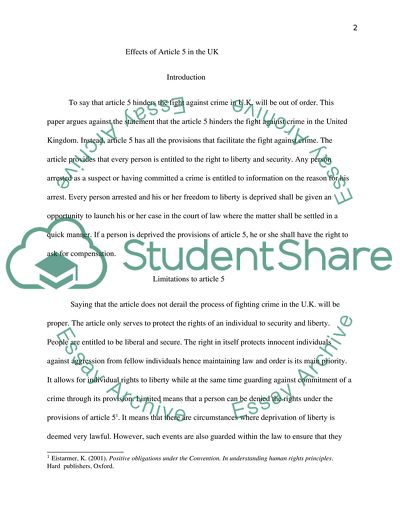Cite this document
(“Human Rights Essay Example | Topics and Well Written Essays - 1250 words”, n.d.)
Human Rights Essay Example | Topics and Well Written Essays - 1250 words. Retrieved from https://studentshare.org/law/1633443-human-rights
Human Rights Essay Example | Topics and Well Written Essays - 1250 words. Retrieved from https://studentshare.org/law/1633443-human-rights
(Human Rights Essay Example | Topics and Well Written Essays - 1250 Words)
Human Rights Essay Example | Topics and Well Written Essays - 1250 Words. https://studentshare.org/law/1633443-human-rights.
Human Rights Essay Example | Topics and Well Written Essays - 1250 Words. https://studentshare.org/law/1633443-human-rights.
“Human Rights Essay Example | Topics and Well Written Essays - 1250 Words”, n.d. https://studentshare.org/law/1633443-human-rights.


